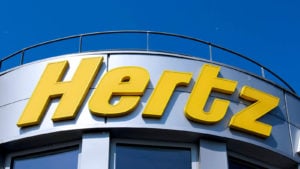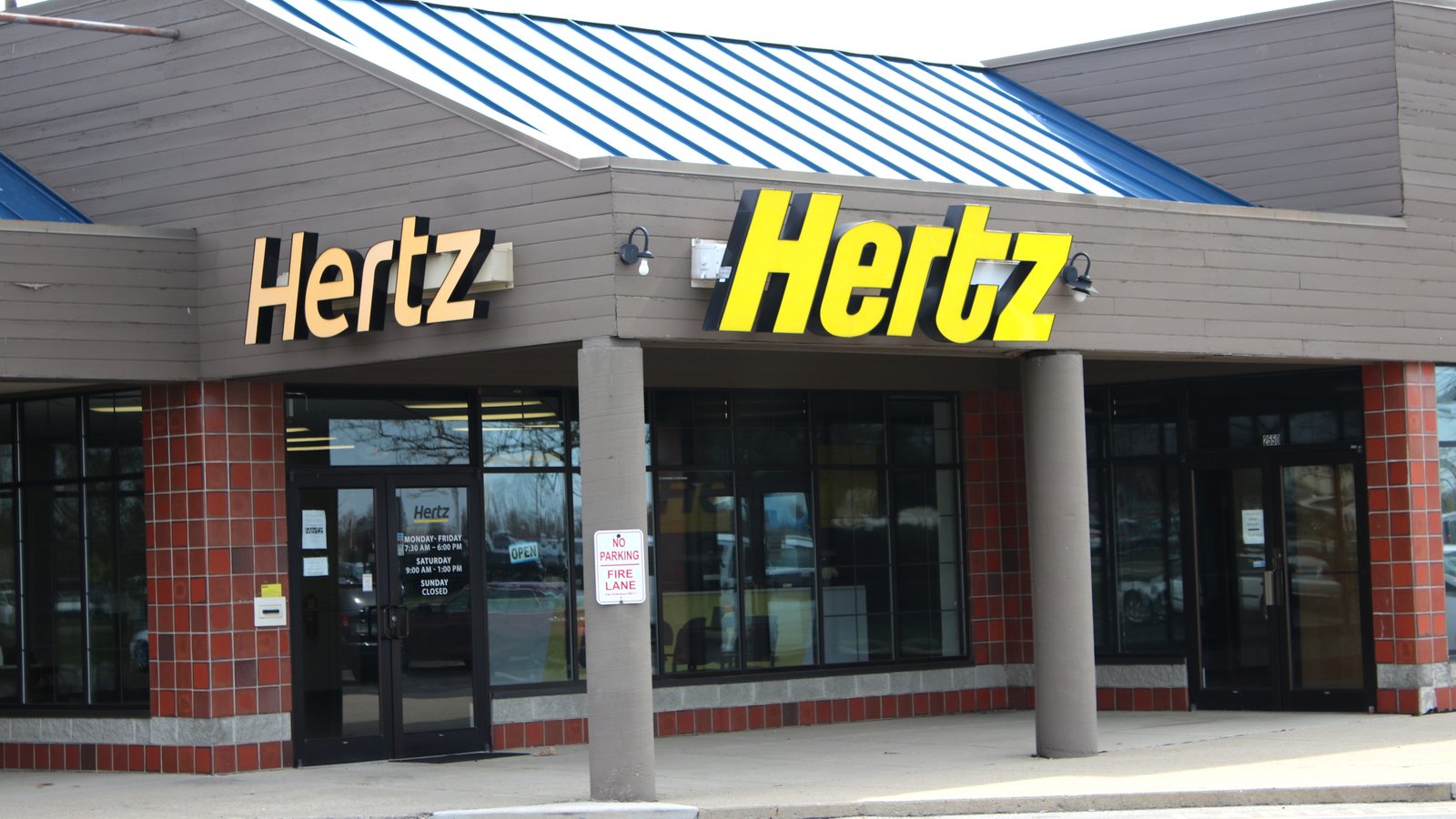Hertz (NYSE:HTZ) is one of many companies that have seen their business torpedoed by the novel coronavirus pandemic. HTZ stock is in worse shape than most, though.

The company was weakened heading into the pandemic, saddled with debt and struggling against competition — including ride sharing. HTZ stock was already in serious decline, but when air travel and business trips all but ended with the lockdowns, it plummeted. Bankruptcy soon followed.
At this point, Hert is close to penny stock status. Even at this price, it’s not worth the risk.
Hertz Was Already in Trouble
Hertz was once a big deal, a pioneer in the car rental business. However, the company’s glory days are well behind it. Long before the coronavirus pandemic turned airports into ghost towns, Hertz was struggling.
For a big picture view of the company’s problems, The Wall Street Journal has an excellent feature on its decline. It details the “series of strategic missteps and other blunders that kept Hertz behind competitors and buried under debt.” For long-term investors in the company, it’s a sad read.
Among the relatively recent missteps by Hertz management:
- A decision to replace its aging rental fleet with sedans instead of SUVs to save money, despite a clear customer preference for SUVs
- The 2012 purchase of Dollar Thrifty in an attempt to move into the leisure travel market
- Aggressive borrowing totaling $19 billion
In addition, Hertz was dealing with not just the competition within its own industry, but the rise of ride-share services.
The tale of decline can be seen in the price of HRTZ stock. Peaking at over $106 in 2014, by May 2017, HTZ stock was trading below $8. It recovered and plateaued below $20 for several years before hitting $20.25 near the end of February.
Coronavirus Pandemic Is Finishing the Job
In May, Hertz filed for chapter 11 bankruptcy protection — a move that had added controversy because the company paid retention bonuses to senior executives and employees.
When second-quarter results were posted (a year-over-year revenue drop of 67% and a $587 million loss for the quarter), the CEO’s statement downplayed the effect of the pandemic being especially difficult on Hertz, trying instead to portray it as being a global challenge.
In the second quarter, like so many companies whose revenues have sharply declined due to the pandemic’s significant impact on global travel, we had to make difficult but necessary decisions to strengthen and position the company for growth for many years to come.
It’s absolutely true that many companies are feeling the effect of the pandemic, especially those that depend on travel. All travel-related companies are going to feel the impact of business and vacation trip disruptions for months to come, if not years. That’s bad. But what makes it worse for Hertz is that it was in trouble well before the pandemic hit. It’s one thing for a healthy company to weather a storm like this. But a company in disarray like Hertz?
A lot has to go right for Hertz to survive, let alone be in a position for “growth for many years to come.”
Bottom Line on HTZ Stock
The latest chapter in the company’s saga was the Sept. 28 announcement of a new CFO. Kenny Cheung had been recently recently promoted to Executive Vice President of Finance, Chief Operational Finance and Restructuring Officer:
Kenny has developed a deep understanding of our business and we’re pleased that he is stepping into this role and expanding his financial leadership responsibilities at this important time as we continue taking steps to best position Hertz for the future.
Don’t buy into the story of Hertz riding out the pandemic to emerge stronger than ever. A new CFO isn’t going to do anything more than delay the inevitable.
Hertz has been in trouble for years and the pandemic has made the situation dire. If any stock ever deserved an ‘F’ rating in Portfolio Grader, it’s Hertz.
It may be tempting to look at HTZ stock at $1.10 and think, “well just eight months ago this was worth over $20, so the upside of a business recovery is huge.” Maybe so, but just five years ago, those shares were worth over $65. The trajectory is going the wrong way, and accelerating. There has been no sign of upside, only downside.
At $1.10, penny stock status is looming. Save HTZ stock for the gamblers.
On the date of publication, neither Louis Navellier nor the InvestorPlace Research Staff member primarily responsible for this article held (either directly or indirectly) any positions in the securities mentioned in this article.
Louis Navellier had an unconventional start, as a grad student who accidentally built a market-beating stock system —with returns rivaling even Warren Buffett. In his latest feat, Louis discovered the “Master Key” to profiting from the biggest tech revolution of this (or any) generation.
